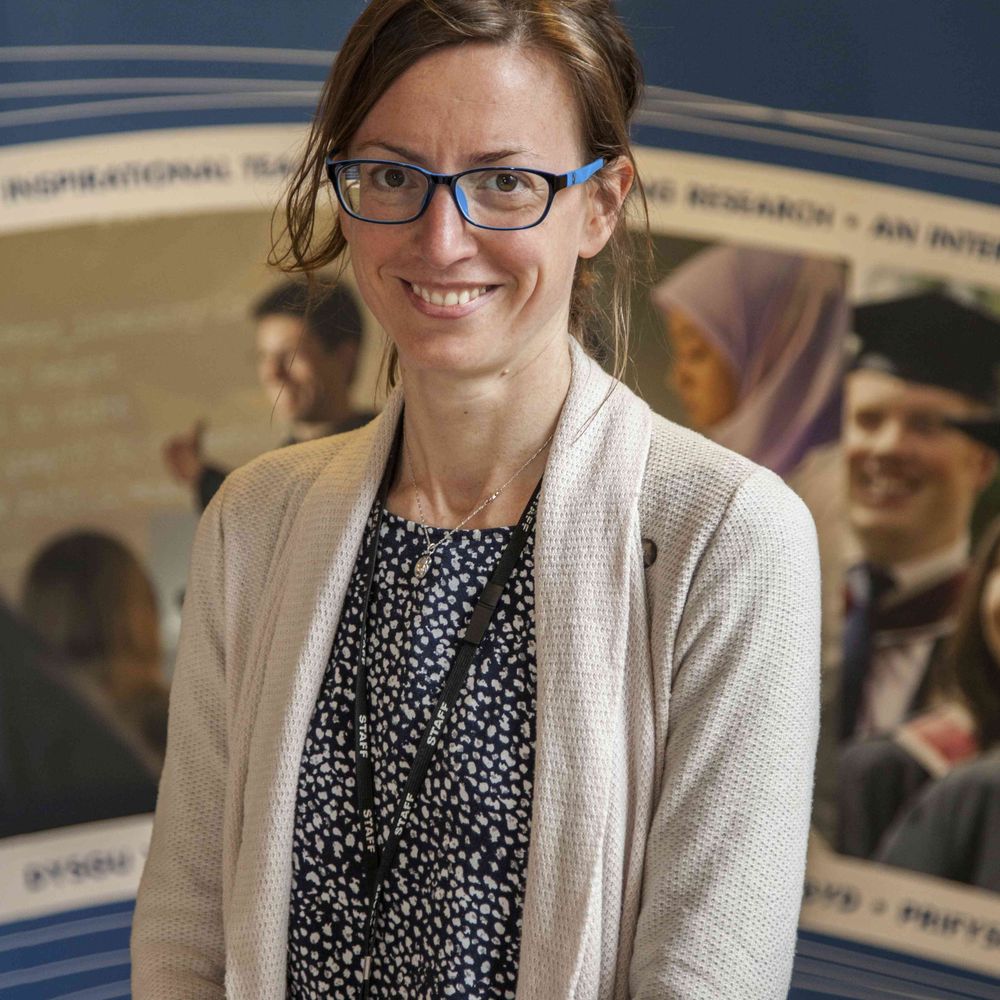
KeynotesMovement Ecology
Emily Shepard Swansea University | Department of Biosciences Please fasten your safety belts in preparation for landingPr. Emily Shepard is interested in movement ecology, flight energetics and biotelemetry. She studies the mechanisms underlying animal movement and distributions, in particular, the movement of flying animals. The costs of flight are modulated by the physical environment, namely the weather, the landscape and the nature of the interactions between them. She uses animal-attached technology to investigate how these factors affect the costs and patterns of avian movement and combine this with models to explore the ecological consequences of movement. Conservation
Ana Rodrigues French National Centre for Scientific Research | CNRS · Centre d'Ecologie Fonctionnelle et Evolutive Unshifting the baseline : insights from history into the future of conservation Dr. Rodrigues is a senior researcher at the CNRS, working at the Centre for Functional and Evolutionary Ecology (CEFE) in Montpellier. Her work focuses on the spatial and temporal distribution of biodiversity, species' sensitivity to human pressures, and the effectiveness of conservation measures, particularly protected areas. Specialist in macroecology, she studies the dynamics of biodiversity on a large scale, analysing the ecological, evolutionary and historical processes that shape its distribution. Her research contributes to identifying key areas and essential criteria for ecosystem conservation. Ecology and Society;
Irene Teixidor-Toneu French National Research Institute for Sustainable Development | IRD · Institut Méditerranéen de Biodiversité et d’Ecologie
Human-nature relationships through the lens of reciprocity: insights from Indigenous and local knowledge systemsPr. Irene Teixidor-Toneu is interested in the dynamics of human-plant relationships across time and space. Her current project focuses on the drivers and impacts of actions, interactions and experiences between people and other components of nature, which lead to virtuous cycles for the well-being of people and the ecosystem. Through her work, she contributes to the recognition of local knowledge holders as key players in meaningful change. Behaviour
Paul Tixier Institute of Reseach for Developpement | IRD · marbec Understanding the ecology and behaviour of killer whales of the southern Indian Ocean to mitigate their interactions with fisheriesDr. Paul Tixier studies the ecology and behavior of marine mammals, in relation to their interactions with human activities. Much of his research focuses on killer whales and the behavioral, ecological and demographic changes induced in their populations by interactions with fisheries operating in the southern Indian Ocean and sub-Antarctic. Adopting an interdisciplinary approach, his research also explores ecologically and socio-economically sustainable solutions aimed at mitigating the human-nature conflicts often generated by these interactions. Functional Ecology
Emmanuelle Porcher Muséum national d'histoire naturelle | MNHN · Centre d'Écologie et des Sciences de la Conservation Plant-pollinator interactions in a changing world Pr. Emmanuelle Porcher works at the French National Museum of Natural History, where she leads the Centre for Ecology and Conservation Sciences (CESCO). Her research focuses on the dynamics of ecological and evolutionary processes that shape species assemblages across spatial and temporal scales. She has a particular interest in the role of agriculture and climate change on the structure of plant communities and their interactions with pollinators. Some of her work relies on citizen science programs, and her findings contribute to the development of conservation strategies based on an understanding of the processes that shape and drive biodiversity. Evolutionary Ecology
Alexandre Courtiol Leibniz Institute for Zoo and Wildlife Research | Leibniz-IZW Counter-intuitive patterns in ecology and evolution (or why we should not forget that a population is made of individuals)My research focuses on the intricate relationship between the level of individuals and that of populations. Motivated by observations of patterns in natural populations, and drawing from diverse examples (mate choice, twinning, social-hierarchies, population growth), I will show how easy it is to be misled by the observation of population-level patterns, and how embracing bottom-up approaches can produce surprising conclusions about the causes and consequences of individual actions. |

